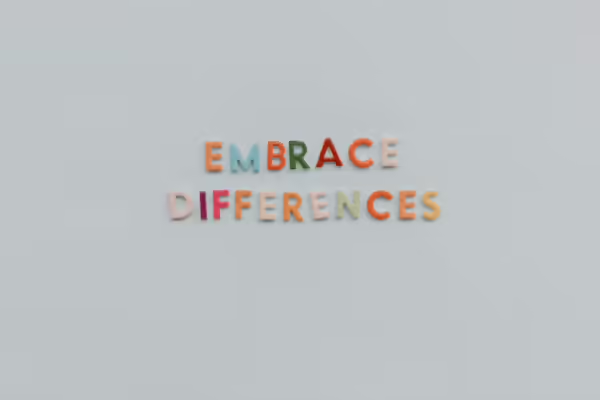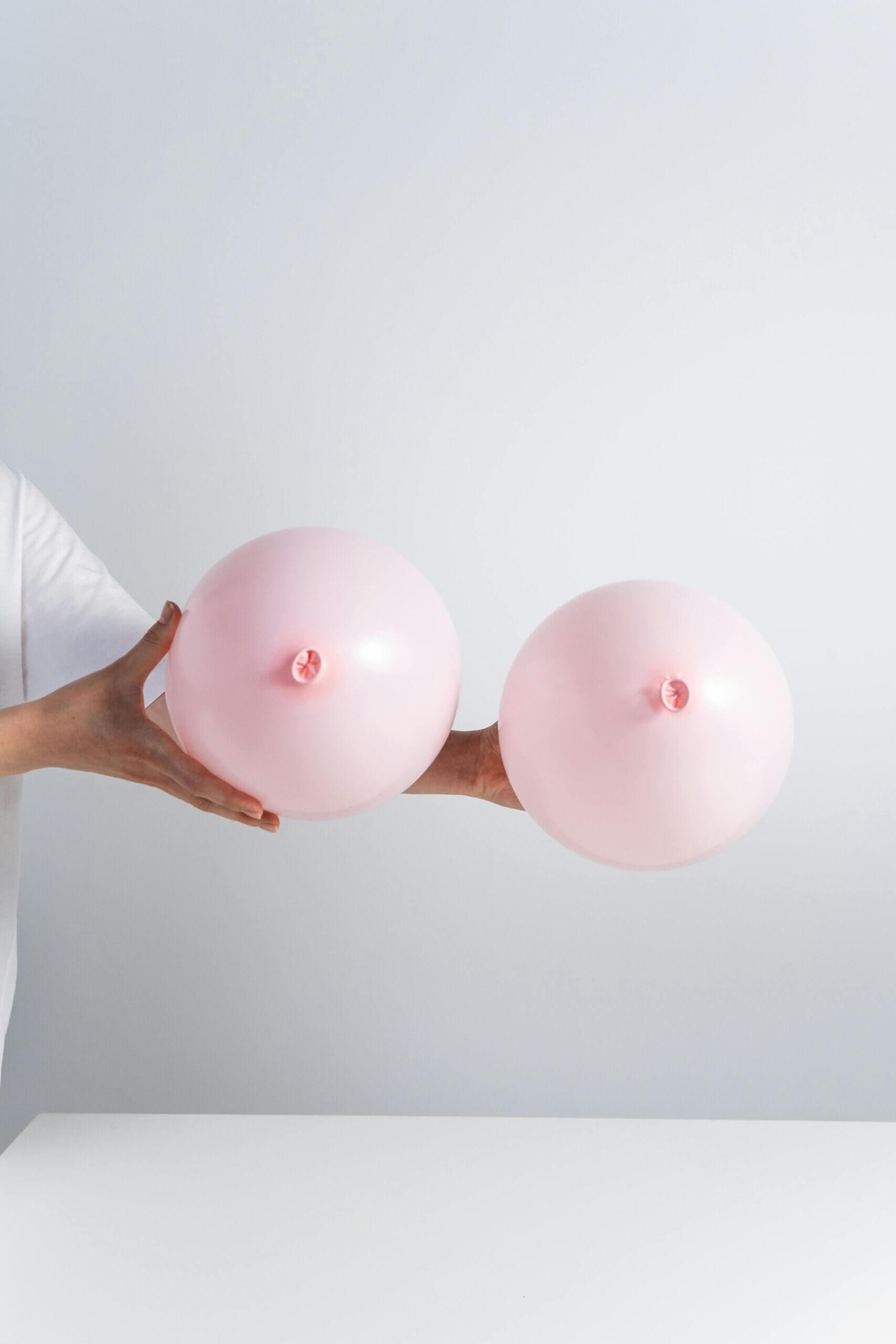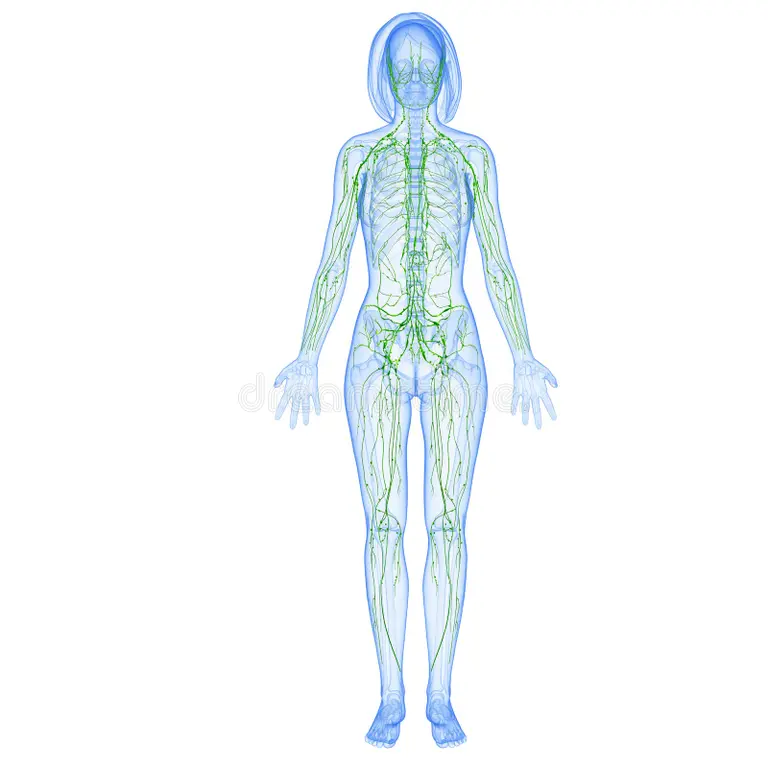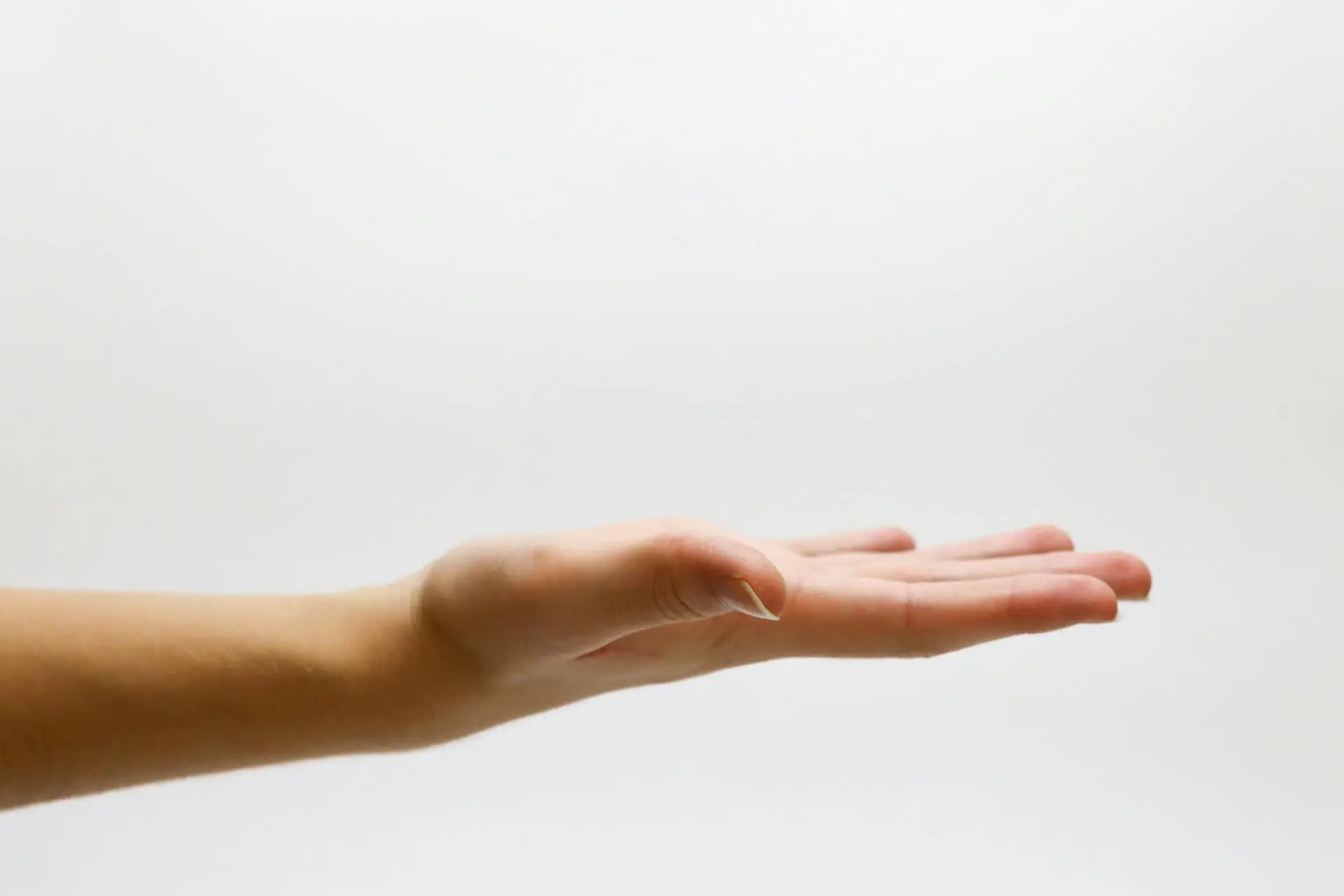I saw the news last week that the US surgeon general has recommended that due to the carcinogenic nature of alcohol, he is recommending the inclusion of warning labels on containers and bottles. Underscored in this news story is the fact that one in six occurrences of breast cancer are linked to alcohol consumption.
Well folks, it’s time for a confession.
While I try to live a healthy lifestyle, have never smoked, eat nutritious and non-processed foods, haven’t had a Big Mac since my last year of college and work out almost daily, I am not a saint when it comes to alcohol I do like a glass of wine or a gin and tonic (and getting real, it might be two or three). Any of you reading my book will know this to be true. So hearing this news from the Surgeon General caused me to feel ashamed. I should do and be better. I now question whether my consumption of alcohol over my lifetime is to blame for my breast cancer. I don’t have any underlying genetics that point to breast cancer. I mean, it can’t just be rotten luck, like my oncologist said, right? There has to be something else I did wrong to invite this disease into my and my family’s life.
Is the shame and blame that swirls around a breast cancer diagnosis harmful?
It got me thinking about the shame and blame that swirls around any cancer diagnosis. The minute you hear the words “you have cancer” you begin to second-guess yourself, especially if there is no faulty gene to point to. I’m not saying that maintaining a healthy lifestyle and cutting back on alcohol is not the right thing to do. What I am saying is that the deep feeling of shame that is triggered by these headlines is also not healthy and in itself has some serious negative consequences.
Women love to feel ashamed about something it seems.
Layer on breast cancer and we have a whole other reason for self-flagellation.
According to the Global Cancer Statistics 2020, the incidence rate of female breast cancer has increased swiftly in recent years, with breast cancer becoming the leading contributor to the global cancer incidence rate in 2020.1 The advancement of medical technology has resulted in the prolongation of the survival of breast cancer patients (BCPs), with the 5- and 10-year overall survival rates being 92.5% and 83.0%, respectively.2
Shame and blame associated with breast cancer linked to anxiety, depression and domestic violence
Stress and anxiety are two strong emotional responses associated with a breast cancer diagnosis. However, I would argue that shame follows closely on the heels of these reactions. In a 2005 study, 115 women were tracked looking at self-blame and psychological distress in the year following a breast cancer diagnosis. The research showed that self-blame was associated with symptoms of anxiety and depression in the first 4 months after diagnosis and continued to be related to distress seven to 12 months after diagnosis.
So why is self-blame and shame so damaging?
According to studies cited by the National Foundation for Cancer Research, shame is a major trigger of HPA axis (hypothalamic–pituitary–adrenal axis)—our bodies central stress response system. This igniteds a physiological stress response resulting in a cascade of biochemical changes. These biochemical changes have been linked to increased inflammation and decreased immunity. More specifically, shame and negative emotions have both been linked to higher levels of a pro-inflammatory cytokine called interleukin-6 (IL-6). IL-6 is highly correlated with cancer progression, so, it is probable that feelings of shame can physiologically contribute to the advancement of the disease.
In addition to the self-blame we lay upon ourselves there is also societal shaming and blaming around a breast cancer diagnosis. Those of us in cancer-land have all fielded the opinions of others. We didn’t exercise enough. We ate sugar. We didn’t drink alkaline water. And yes, we drank too much alcohol. Add to this the damage breast cancer does to the female body and to their body image. In a study from the USA, on 546 women having breast cancer treatment, over half reported experiencing two or more body image problems some of the time, or at least one problem much of the time.[7]. Societal stigma not only is associated with anxiety and depression. Studies also link the stigma associated with a breast cancer diagnosis to domestic violence.
My battle with shame
My dad was a tea-totaler and marathon runner. I vividly recall when he was diagnosed with prostate cancer in his 60s. He was treated with a radiation seed and medications. I don’t ever recall that he felt ashamed of his diagnosis at any time. Just frustrated by the hot flashes. He lived a long live, but when he died at the age of 87 we found out he was full of cancer. No one questioned his manhood or blamed him. He never felt guilt.
His daughter, however, who is doing her best to live a similar lifestyle and who also has been diagnosed with her own form of cancer is ridden with guilt. I don’t have the answers, and I don’t know how to fix how I and others feel. I still see the headlines about causes of cancer and instantly feel guilt and remorse I’m not a better person. I am paying attention to the US Surgeon General and I am actively working on cutting back on my alcohol consumption, if not just to save my life, but my waistline (sadly in Ellyn’s world vanity always wins).
All that said, I just have to think that while understanding the potential causes of cancer is a good thing, the damage caused by the shame and blame we internalize as a result of this knowledge can be just as harmful as many of the other “causes” of cancer out there.




